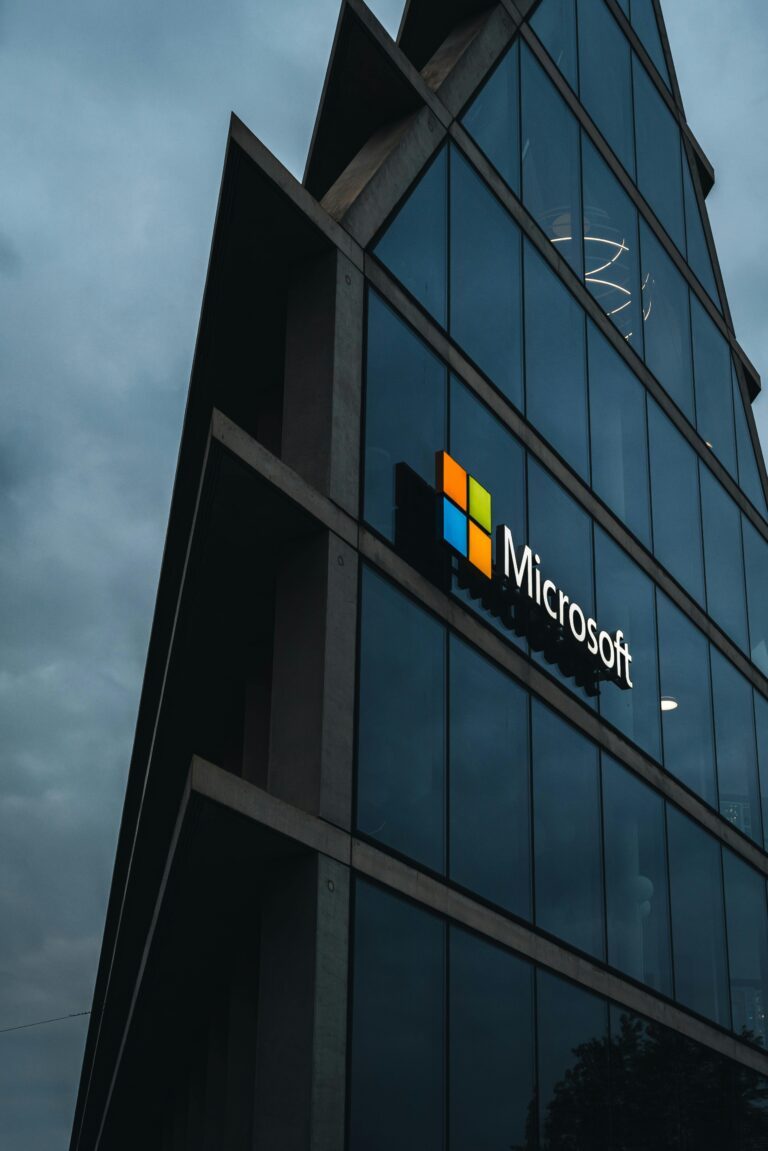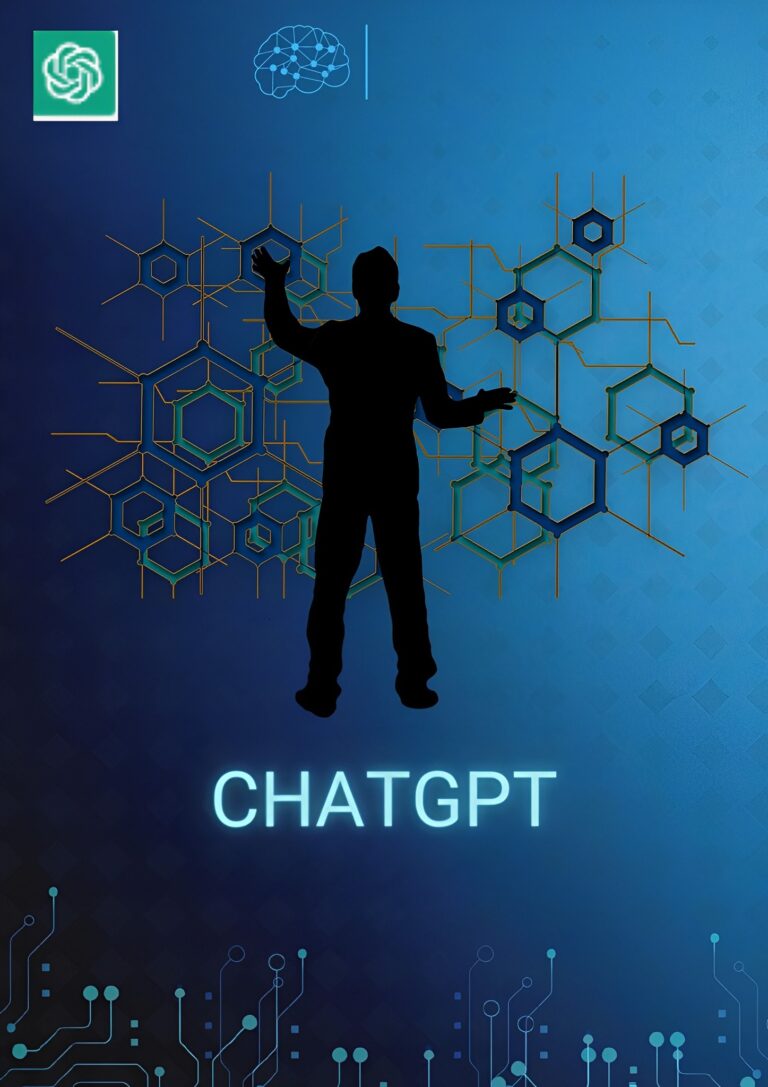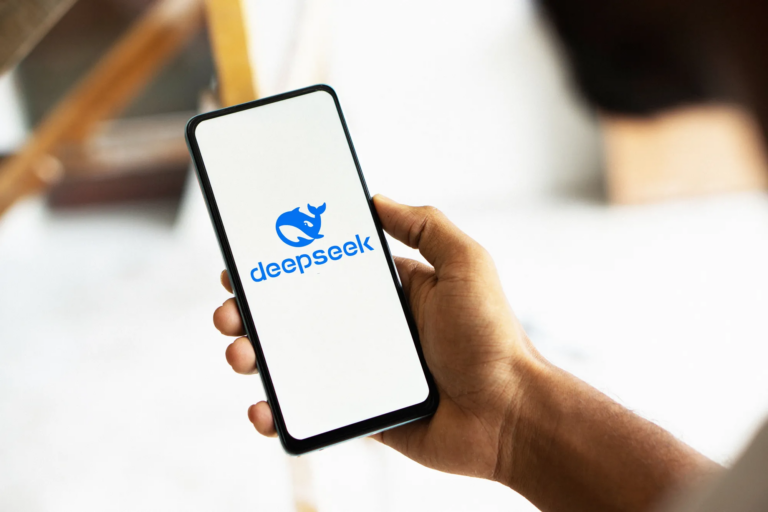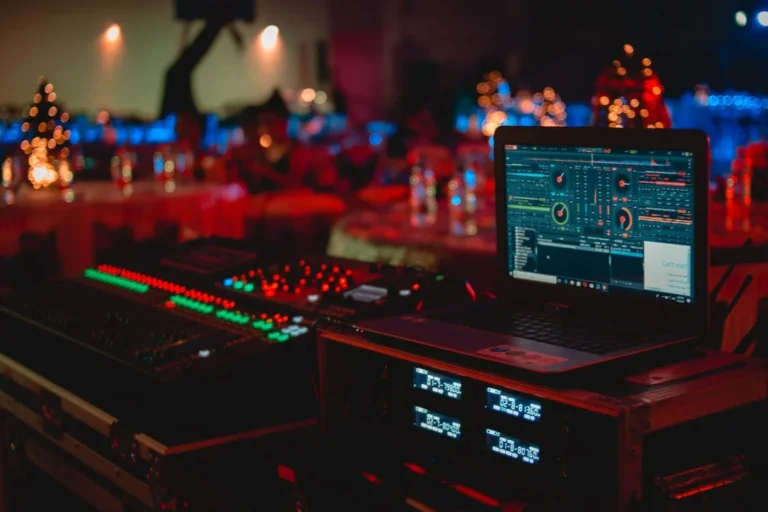Know Everything About NFT Wallet Development

The surge of NFTs (Non-Fungible Tokens) has transformed how we view worth and ownership in the modern age. from digital artwork to game-related assets and virtual real estate, as well as collectibles NFTs, are a completely new market driven by blockchain technology. As the ecosystem expand,s one of the key components that drives user interaction with NFTs is an NFT wallet.
If you’re a start-up developing an NFT platform, a game designer using digital collectibles, or a potential investor looking to explore Web3 infrastructure, knowing about NFT wallet development is crucial. This article will explain all you should know about developing an NFT wallet, including its purpose, essential characteristics, the development process advantages, and use scenarios.
What is an NFT Wallet?
An NFT-based wallet an NFT wallet is a digital wallet based on blockchain which allows users to store, transfer or securely receive NFTs. In contrast to standard crypto wallets which predominantly hold cryptocurrencies such as Bitcoin and Ethereum, NFT wallets are specifically designed to work with ERC-721 as well as ERC-1155 tokens (on Ethereum and compatible chains) or other NFT standards that are dependent on blockchain.
It is the portal for users to connect through the NFT marketplace, create new NFTs and view assets owned by the NFT, and join the wider NFT economy.
Why Is NFT Wallet Development Important?
The NFT market is growing rapidly and, with it, the requirement for quick, secure, and easy-to-use wallet solutions. Making your personal NFT wallet will provide you with:
- Complete control over security features
- Brand personalization
- Scalability in line with platform development
- Integration into your ecosystem (marketplace game, metaverse)
A custom wallet can help you establish trust among users through an effortless user experience, simple onboarding, and easy access to your assets.
Key Features of an NFT Wallet
An effective NFT wallet should be safe, practical, efficient, and easy to use. These are the most important attributes it must have:
- Multi-Blockchain Support: NFTs aren’t restricted to Ethereum. A reliable wallet can support multiple chains such as BNB Smart Chain, Polygon, Solana, Avalanche, or even customized EVM chains.
- NFT Viewing & Management: Users are expected to be able to view their own NFTs, complete with metadata, including images, videos, descriptions, and even token information.
- Backup of Wallets & Recovery: Private key or seed phrase management is essential. The integration of cloud backup, physical wallet, and social login recovery enhances the security and user-friendliness of.
- Secure Transaction Signin: Each transaction — whether it’s the transfer of or transferring an NFT or minting a brand new one–must be secured by biometric keys or private keys.
- DApp Browser/ Web3: Integration allowing the interaction of NFT marketplaces or decentralized applications directly inside the wallet enhances accessibility.
- Token Support Beyond: NFT users might need to manage and store native cryptocurrency (ETH, MATIC, BNB) and stablecoins (USDT, USDC).
- NFT wallets with Cross-Platform Compatibility will work on mobile devices (iOS, Android), web extensions (Chrome/Brave), and, of course, desktops.
- Estimation of Gas Cost Estimation & Customization: Let users select gas fee amounts or show estimates of costs before verifying NFT transactions.
- QR Code Scanning and NFC: Simple scanning for payment or transfers improves the real-world application instances.
- Alerts, Activity and History: Provide complete transaction history and alerts about NFT transactions, approvals or market transactions.
Security in NFT Wallet Development
Security is among the most important elements of NFT wallet development. A breach can result in irreparable losses of the digital asset.
The best security practices for your business comprise:
- End-to-end encryption
- Keys stored locally are encrypted and protected
- Multi-signature authentication
- A biometric password (fingerprint/FaceID)
- Regular security audits
- Anti-phishing tools
- Hardware wallet integration is an option (Ledger, Trezor)
Technologies Used for NFT Wallet Development
To construct a sturdy NFT cryptocurrency, the developers employ an array of
- Languages: JavaScript, TypeScript, Swift (iOS), Kotlin (Android), Rust (Solana)
- Frameworks: React Native, Flutter, Electron
- Blockchain APIs: Web3.js, Ethers.js, WalletConnect, Moralis
- Wallet standards: BIP-39 (mnemonic), BIP-44 (HD wallets)
- Libraries: MetaMask SDK, WalletLink, RainbowKit
- Service backend: Node.js, Firebase, IPFS, The Graph
Developers are also able to integrate with marketplaces for NFT (OpenSea, Rarible) or make use of SDKs to speed up deployment.
Steps in NFT Wallet Development
This is a step-by-step procedure for creating an NFT wallet starting from scratch:
- Define Purpose as well as Target Users. Clarify whether the wallet is designed for investors, collectors, gamers or artists. This impacts the user interface and the features.
- Choose a supported Blockchain.s Choose if you want to choose multi-chains or concentrate on a specific community (e.g., Ethereum, Solana, Polygon).
- Choose development Tools as well as Tech Stack. Pick frameworks and APIs that are compatible with the platforms (mobile/web) and the feature set.
- Design UI/UX. Prioritize a clean interface,e including asset previews, user-friendly navigation, and easy onboarding.
- Integrate Core Wallet Functions: the creation of wallets, import and export displays of balance, and NFT storage.
- Add NFT-specific functionalities support for transferring, minting, viewing, metadata sync, and approvals.
- Secure the Application by using encryption keys, key management protocols and audits to guarantee security.
- Make sure you test thoroughly. Conduct tests for unit functionality as well as security tests and cross-device test prior to public release.
- Install and monitor the wallet using the tools for performance and analytics.
Real-World Use Cases of NFT Wallets
- GameFi and Metaverse In-game wallets store objects, land, or avatars.
- Art and Collectibles: Users can store artifacts of rare audio or video files as well as tickets for events.
- brand loyalty: Brands issue NFTs to customers in exchange for rewards or passes to events.
- Participation in DAO: Governance NFTs allow voting rights for decentralized organizations.
- Digital Identity. The wallets of NFTs can keep certificates, licenses, or memberships.
Benefits of Custom NFT Wallet Development
- Ownership: Complete control of the UI, features, and the roadmap.
- Money: Incorporate revenue options such as stakes, native tokens, and premium accessibility.
- Credibility: The brand name experience creates stronger relationships with customers.
- Capability to Scale: Integrate into your NFT marketplace or ecosystem.
- Innovative: Build Web3-native experiences such as fractional ownership or DAO access.
Conclusion
NFT wallets go beyond simply storage devices. They are the core for the Web3 users’ experience. From helping creators and collectors to enabling sophisticated interactions across metaverses as well as DeFi platforms, NFT wallet development is becoming a top strategic focus for forward-thinking businesses.
Rain Infotech is a leading blockchain development company specializing in innovative and scalable solutions. We empower businesses with cutting-edge services, including white-label crypto exchange development, smart contract development, NFT marketplace solutions, and secure wallet systems. At Rain Infotech, we combine expertise and creativity to transform your digital aspirations into reality.





